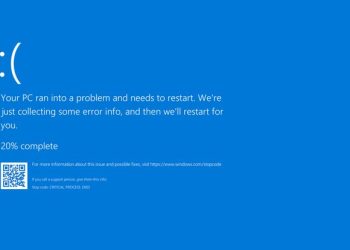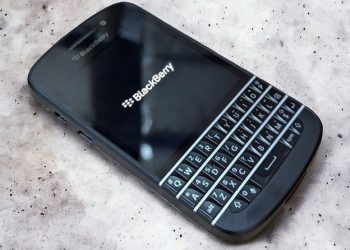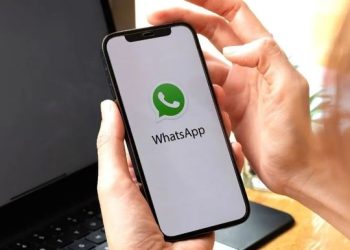Jakarta, Indonesia Sentinel — Indonesians who purchased the newly launched iPhone 16 through e-commerce platforms or international forwarding services may soon find their devices unusable. Indonesia’s Ministry of Industry (Kemenperin) prepares to block the devices for unauthorized distribution within the country.
The Ministry estimates around 9,000 units of Apple’s latest smartphone have entered Indonesia since its U.S. release, despite the model not being officially approved for sale domestically.
The Ministry also intends to pursue legal action against individuals advertising the iPhone 16 on online marketplaces, citing potential violations of Article 35 in Government Regulation No. 46/2021, which governs postal, telecommunications, and broadcasting activities. While passengers can legally bring iPhone 16 units into the country for personal use, selling them domestically is prohibited.
“We are considering disabling the IMEI on iPhone 16 devices brought in through personal baggage that are later sold domestically,” said Ministry spokesperson Febri Hendri Antoni Arif in a press release on October 30, 2024, cited from CNBC Indonesia.
Febri noted that Apple has already been given ample opportunity to legally import and sell its smartphones and tablets. From 2023 to 2024, approximately 3.8 million Apple products were imported into Indonesia.
“If we assume each device is sold at an average price of Rp5 million ($317), this amounts to an annual sales figure of Rp19 trillion ($1.2 billion), and likely more if we include their sales since 2016. Yet, with such substantial revenue, Apple has struggled to fulfill its full investment commitment of Rp1.7 trillion ($108 million) over eight years in Indonesia,” Febri explained.
Indonesia Sugar Imports Reached Rp33 Trillion in 2024, Highlight Food Self-Sufficiency Challenge
The iPhone remains the only smartphone still imported into Indonesia, as other brands including Samsung, Oppo, Vivo, and Xiaomi are fully assembled locally to meet the country’s minimum local content (TKDN) requirements.
Apple was granted an exemption from local assembly requirements under an investment-based compliance scheme, specifically through the establishment of its Apple Developer Academy in Indonesia. However, this license has since expired. Apple will need to increase its investment if it wishes to resume the import and sale of the iPhone 16 in Indonesia, according to Ministry officials.
(Raidi/Agung)

























